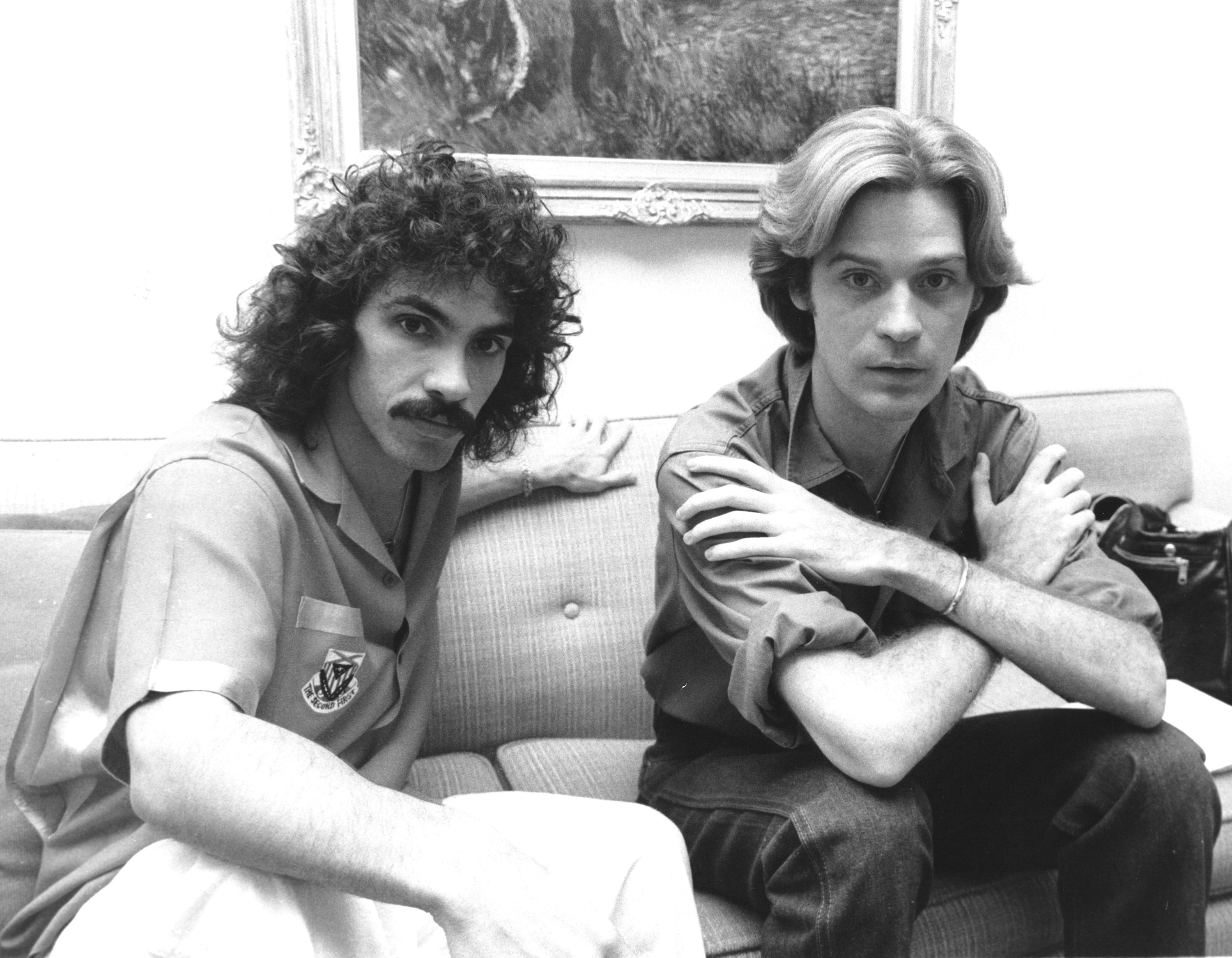Hall & Oates’ ‘Maneater’ Wasn’t About a Woman at All
On the surface, Hall & Oates’ “Maneater” seems to describe a woman, like a number of classic rock songs. However, it’s not a song about a woman at all. In fact, it’s not even a song about a human being. Here’s a look at the experiences that led Hall & Oates to create one of their most famous tracks.

Hall & Oates didn’t want ‘Maneater’ to be a sexist song
“Maneater” would appear to be a song warning people about an evil woman. At one point, the song was about an actual woman. However, the final version was actually about a place.
“Well, it was about New York City, after the fact,” John Oates told American Songwriter. “I got the idea for the song because there was a woman who was very — she was beautiful but had a very foul, you know, vocabulary. It was the juxtaposition of this great beauty with this foul mouth that really kind of sparked an idea to me that she would chew you up and spit you out.”
While a woman provided the inspiration for the initial version of the track, the final version was about something else. “But neither Daryl nor I wanted to write a song that was anti-women or negative toward women,” Oates recalled. “So, what we did was we transpose that initial idea and use New York City in the ’80s as a metaphor. New York City became the maneater, the city that would chew you up and spit you out. And that is really what the song is truly about.” “Maneater” might not be a New York City anthem like Frank Sinatra’s “New York, New York,” but it definitely captures the darker side of the city.
The original version of Hall & Oates’ ‘Maneater’ was in a different genre
Oates feels the song has a certain magic to it that all his songs have because it came from nothing. Stereogum reports “Maneater” was originally going to be a reggae song. However, the ultimate version of it was more inspired by the music of Motown Records. Considering 1960s nostalgia reigned on the pop charts in the 1980s, this decision was understandable.
How the public reacted to the song — and the 2000s hit that it inspired
So did their idea for a song work out commercially? “Maneater” became yet another Hall & Oates song to reach the pinnacle of the Billboard Hot 100. In addition, the track had an influence on pop culture. The Age reports that decades after Hall & Oates debuted “Maneater,” Nelly Furtado drew inspiration from the track for her own song called “Maneater.”
Her “Maneater” was her first collaboration with Timbaland. Furtado’s “Maneater” reached No. 16 on the Billboard Hot 100. A notable difference between the identically-titled songs is that Hall & Oates portray their maneater in a negative light while Furtado portrays an empowered maneater. Apparently, both 1980s and 2000s audiences were interested in songs about maneaters — even though they have different spins.


